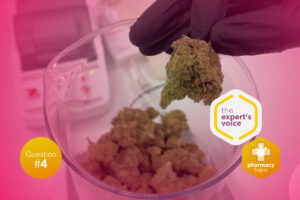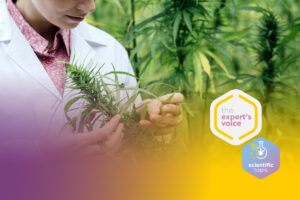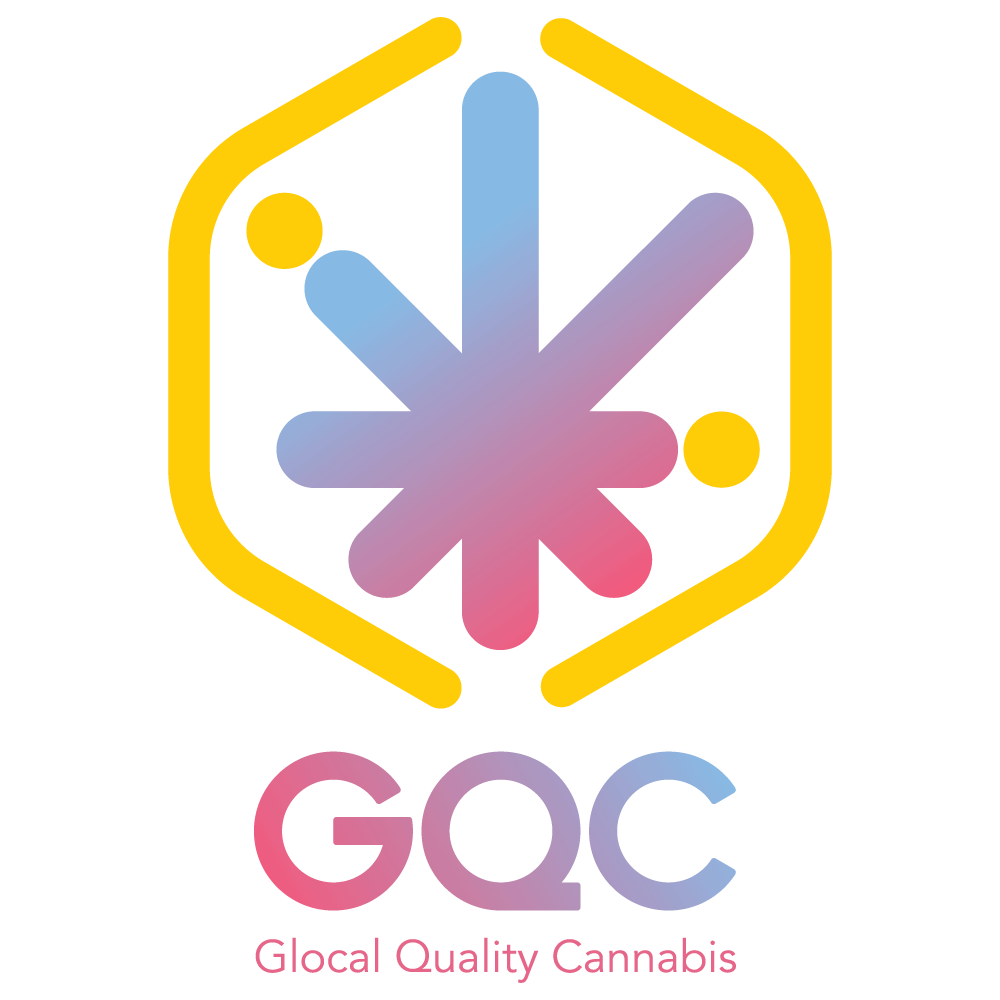How the new legislation is changing the landscape for both adult-use and therapeutic cannabis
The Challenge: Public Health and Government
Journalistic reports reveal that the recent German legislation, known as “The Cannabis Act” (CanG), presents a series of details that will influence both recreational and therapeutic use of cannabis.
The main challenge addressed involves public health and government action. For patients, access to cannabis-based therapies will be facilitated, as they will no longer be considered drug users. This will simplify the distribution of products even for treating minor conditions, allowing the introduction of new products and devices for consumption. The German government is committed to combating the use of products from the illegal market, as it is clear that products available on the illegal market often do not meet the necessary quality and safety standards for human consumption.
Cannabis Social Clubs and the Adult-Use Market
The new law, in its second implementation pillar, provides for the establishment of Cannabis Social Clubs, which will have precise regulations regarding the amount of cannabis distributed per user and the quality of the product. This is a significant change for the recreational use market, traditionally managed by criminal organizations that do not care about the quality of their products. This situation has harmed the well-being of many people over the years, and this is where the German government aims to create a real revolution. Including cannabis consumption in health policies will allow for more effective monitoring of its impact on health and society, thanks to the analysis of specific data to improve individual well-being. The legislation will come into force on July 1, 2024.
Equivalence Between Medical and Adult-Use Cannabis
The implementation of this new model will finally allow for the equivalence of medical cannabis and recreational cannabis in terms of quality, including the percentage of cannabinoids, the presence of heavy metals, pesticides, hormones, and other essential parameters. This will ensure greater control over production processes, which will adopt protocols and certifications similar to those used in the pharmaceutical industry. These standards are crucial for improving the entire production chain.
To ensure the quality of products distributed in dispensaries, the German government has provided for a rigorous system of periodic and detailed checks on all activities involved in the distribution of cannabis. This initiative aims to ensure that consumers have access to safe and high-quality products, both for medicinal and recreational purposes.
Ensuring Human Well-Being
It is clear that to ensure human well-being, it will be necessary not only to control the products at the points of sale but also to ensure that production processes comply with the most appropriate standards. There are approximately 23 million consumers in Europe alone, with numbers constantly growing due to evolving regulations throughout the union. It is very likely that this type of model will be replicated in other union nations by 2026, given the importance of ensuring high standards in the cannabis sector to protect the health and well-being of citizens.
Importation of Cannabis Products into Germany
Considering that Germany is not renowned for its climate or sun exposure, it is likely that most imported products will be produced in regions of the world with more favorable climatic conditions and lower energy costs. This trend is accentuated by Germany’s role not only as a final market but also as a crucial logistics hub for the international distribution of cannabis products from various parts of the world. This underscores the broad impact of the legalization of recreational cannabis in Germany, which goes beyond the domestic market alone.
Colombia
Many countries outside the European Union are regulating the production of cannabis, including Colombia. This country has obtained over 40% of the quotas for the production of international therapeutic cannabis needs, recognized by the international narcotics tribunal. Thanks to its favorable climate and progressive legislative context, Colombia has become an ideal area for cannabis cultivation. Optimal sun exposure allows significant energy savings, and new government policies adopted since 2016 favor the development of products and processes with a well-defined legislative system.
Currently, Colombia is preparing to become a leader in global cannabis production. However, to achieve this goal, it is necessary to improve production systems to obtain the quality certifications required for the international market, such as GACP, EU GMP, and ESG. Colombian institutions demonstrate a strong willingness to acquire international know-how and promote the sustainable development of the cannabis supply chain. There are several government initiatives aimed at implementing quality control systems and laws to support the social development of local communities.
Sustainable Development of the International Market
To ensure the sustainable development of the international cannabis market, as emphasized by the German government, it is essential to ensure that imported products are of high quality to minimize the incidence of illegal producers. This is particularly important in light of experiences such as that of the United States, where during the initial stages of legalization, there was an increase in the distribution of illegal products due to the lack of preparation and certifications by companies to ensure product quality.
This highlights the crucial importance of a solid regulatory framework for the development of the cannabis market in Germany, which could serve as a model for future international regulatory trends regarding the production, distribution, and consumption of cannabis. Robust regulation is essential to protect consumers, promote a legal and sustainable market, and prevent the proliferation of the illegal market.
Sources

Emilio Petrucci, CEO at HESALIS





